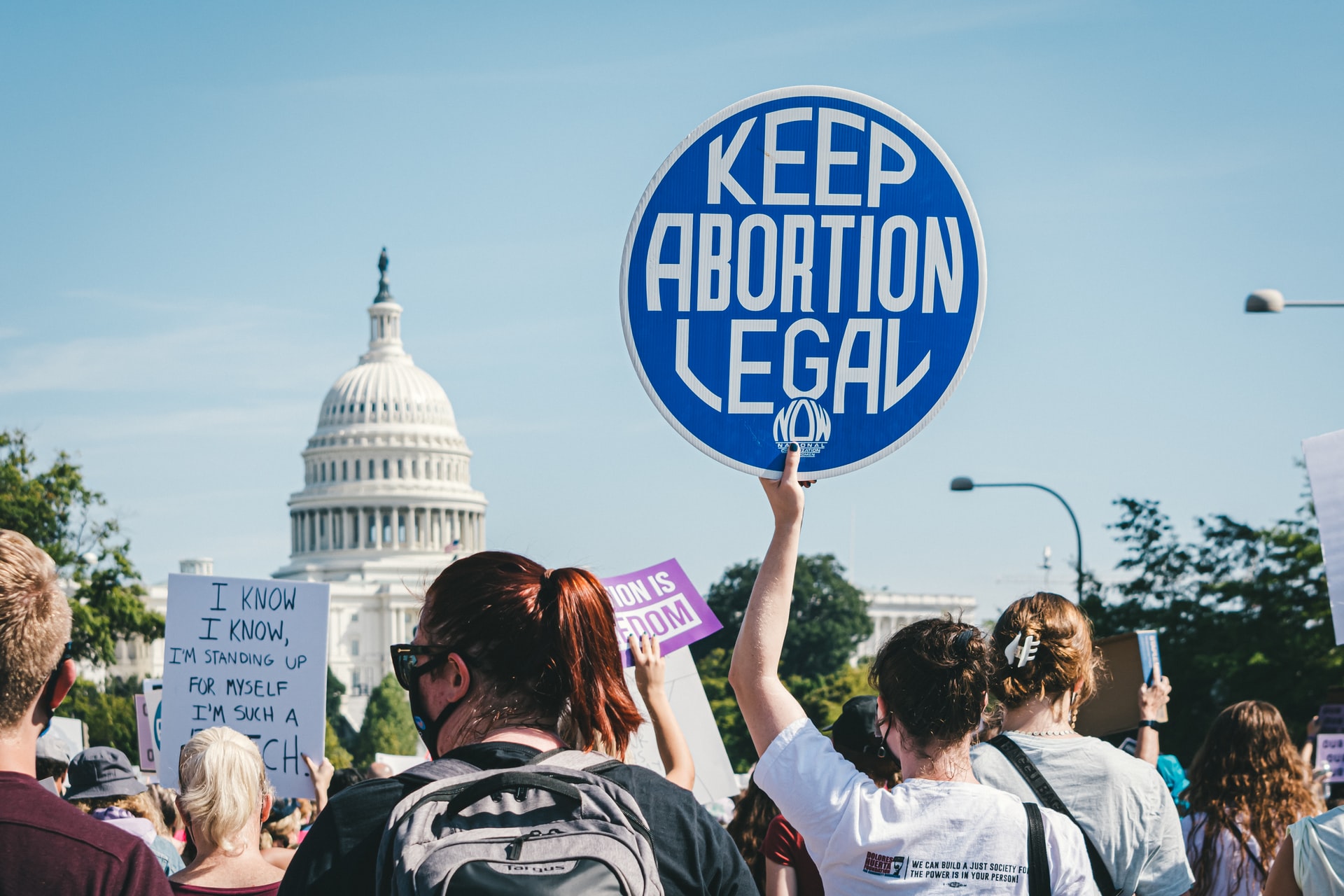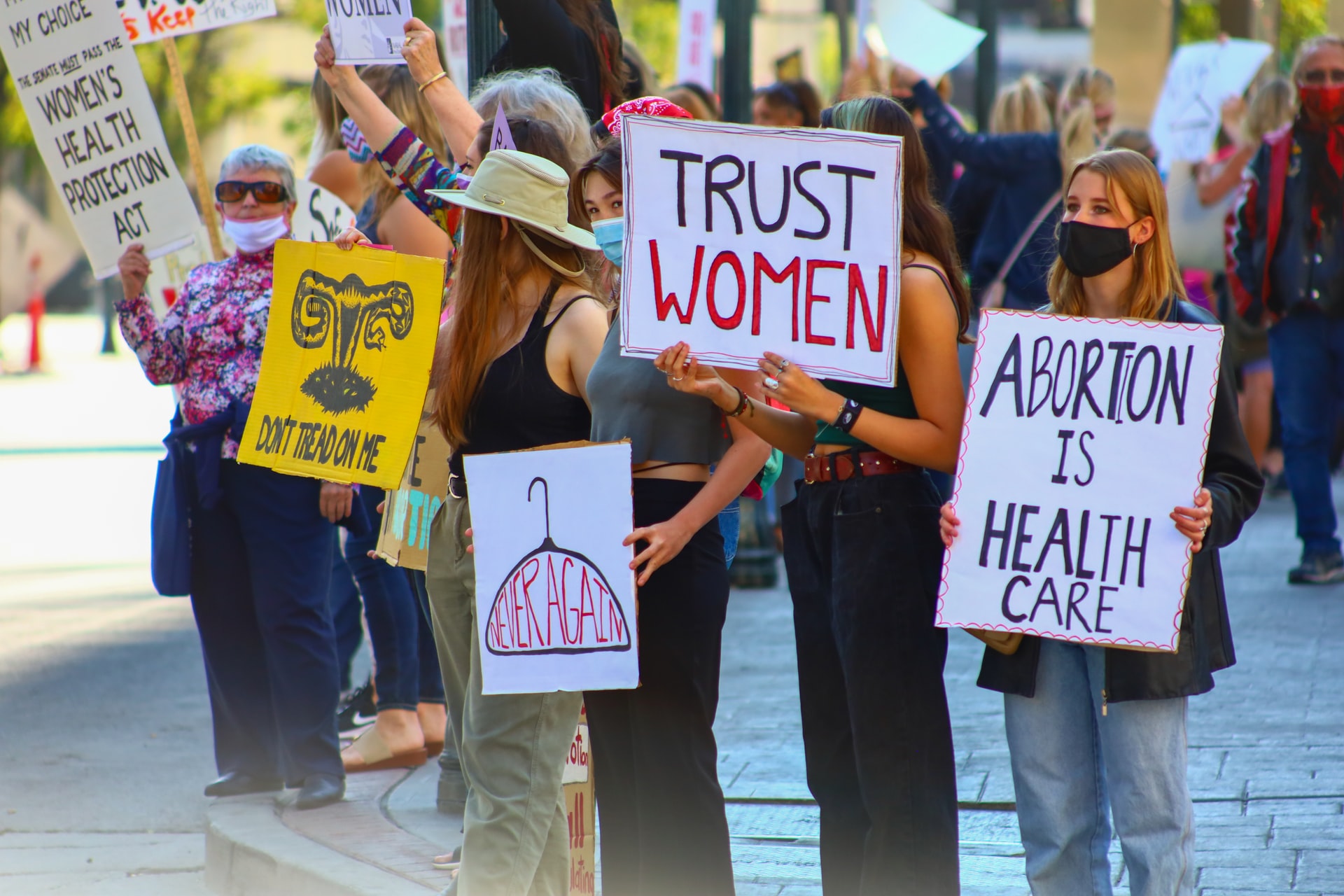Police arrived at the Kaiser Permanente Santa Clara Medical Center in Santa Clara, CA at around 7:30 PM local time last Wednesday after an unidentified nurse shot and killed herself in a private room close to the ER. The staff said that the nurse was about halfway through his shift at the time of the incident.
Police confirmed that the nurse died from a self-inflicted gunshot wound, but his motive remains a mystery.
Assistant Police Chief Wahid Kazem said the authorities didn’t lock down the hospital after the shooting and that no other staff members or patients were threatened. Some rooms were closed while the police investigated the scene, but they were reopened soon after.
“Our hearts go out to the family, friends and coworkers affected by this terrible loss,” said Dr. Rakesh Chaudhary, physician in chief at the facility. “Our teams are on site providing emotional support and resources for staff. We are grateful to our employees and physicians who responded immediately and for the compassionate outpouring of support our Santa Clara team is receiving from colleagues at Kaiser Permanente and other health care systems.”
While it remains unclear why the nurse took his own life, the incident has put a spotlight on nurses and their mental health amid increasingly difficult working conditions. Nurses at several hospitals across the state have been on strike demanding higher nurse-patient ratios and increased access to mental health resources to reduce the rate of burnout and fatigue. The relentless demands of the job can also make nurses more susceptible to depression and thoughts of suicide.
A recent survey shows that California is currently short around 46,000 full-time nurses, which accounts for around 14% of the total number needed.
The nurses at Stanford Health Care and the Lucile Packard Children’s Hospital recently agreed to a new labor contract, ending the week-long strike. A representative for Stanford said the company agreed to add therapy sessions to its employee assistance program as part of the agreement.
Both hospitals and the Committee for the Recognition of Nursing Achievement, which represented the nurses, hailed the agreement as an historic achievement.
“CRONA’s new contracts represent an enormous victory for nurses at Stanford and Packard, who have been fighting tirelessly for improved work and patient care conditions,” said union president Colleen Borges. “We have won improvements across all the priorities nurses identified at the beginning of our contract campaign.” Eighty-three percent of the union voted in favor of the contract.
Brittaney West, one of the striking nurses, stated that she was so exhausted from working back-to-back shifts amid the ongoing health crisis.
“We’re burning ourselves out to make sure patients still get excellent care,” she said from the picket lines last week.
The shooting at Santa Clara Medical Center came at a time when the area is still grappling with another shocking loss. Stanford nurse Michael Odell disappeared midway through his shift at the hospital when he got in his car and drove off. Cellphone footage shows that he drove to a local nature preserve and walked into the water. Police later retrieved his body from the park.
“It’s deeply ingrained in nursing culture to put yourself last,” said Hernandez, a nurse for nine years who’s been struggling with his mental health throughout the pandemic. He credits his regular visits to a therapist with making it possible for him to keep doing his job.
Nurses like Hernandez are used to seeing a lot of trauma on the job, but the added toll of the pandemic increased his underlying symptoms of depression and anxiety.
“Being an emergency room nurse was hard before COVID-19 — but since then, you took a hard job and threw gasoline on it,” Hernandez said.
The pandemic also changed the way nurses thought about themselves now that they were being hailed as healthcare heroes.
“There’s a lot of pressure to live up to the glory of being a hero,” Hernandez said. “If I’m a hero, I don’t need help. I can’t admit that I’m not OK.”
If you or someone you know is considering suicide, call the National Suicide Prevention Lifeline at 800-273-8255 to reach a counselor at a locally operated crisis center 24 hours a day for free. You can also text “Connect” to 741741 to reach a crisis counselor anytime for free.




